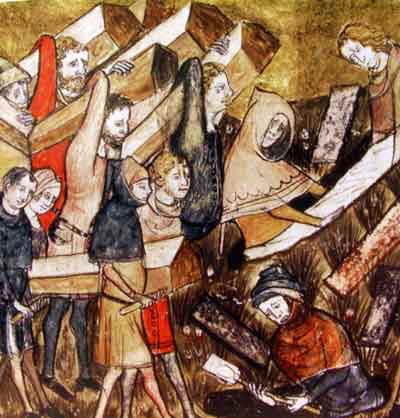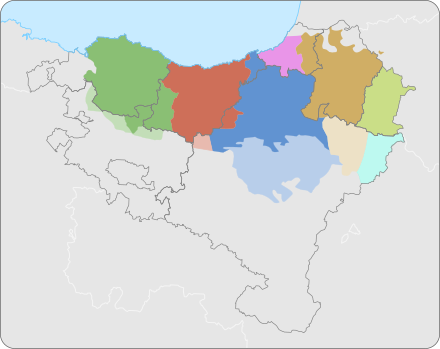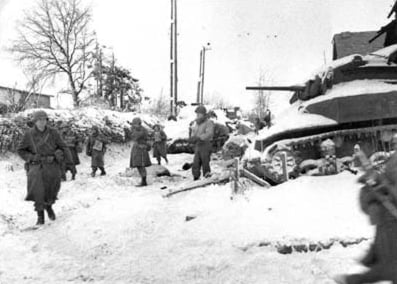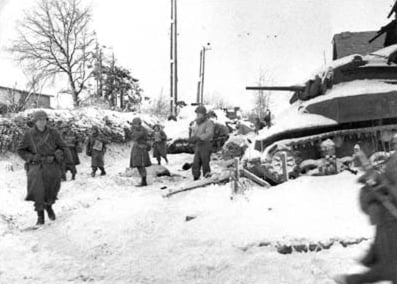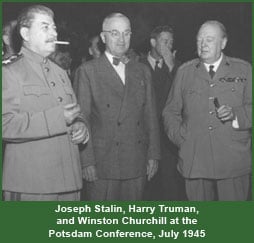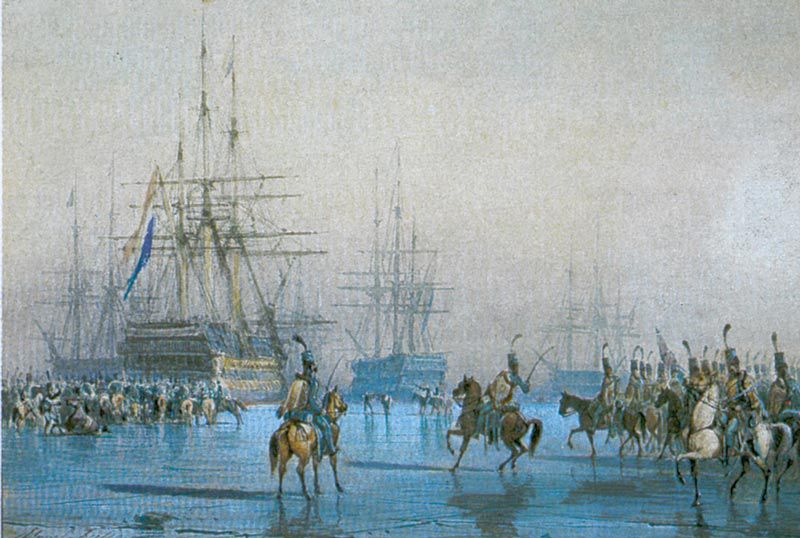That while the kilogram is defined in terms of three fundamental physical constants, the imperial equivalent, the pound is legally defined as exactly 0.45359237 kilograms
Pound (mass) For the unit of weight or force, see Pound (force). For the monetary unit, see Pound (currency). “lb.” and “lbs.” redirect here. For other uses, see LB and LBS. The pound or pound-mass is a unit of mass used in the imperial, United States customary and other systems of measurement. Various definitions have […]


